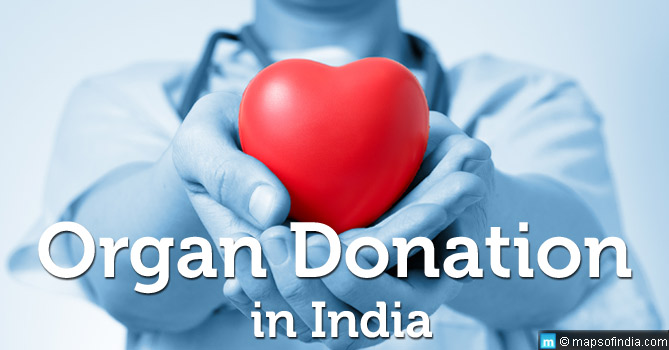One of the most poignant news reports of this year came in September 2017 from Krishnagiri, a small town in northern Tamil Nadu. Aravind Kumar K, a 23 year old soldier serving with the Indian Army in Srinagar (Jammu and Kashmir), came home on leave to visit his parents who are farmers. Aravind was riding his bike and met with an accident that left him with a severe head injury. Despite the best of efforts to save his life, the doctors at Bengaluru Command Hospital finally declared the young soldier brain dead on 6 September. It was then that Aravind’s parents and brother immortalized his spirit and honoured his wishes by donating his organs. His eyes, heart, liver, lungs, pancreas, and tissues were harvested and donated to six patients in Bengaluru, Chennai, and Mysore giving each of them a fresh lease of life.
Why Donate Organs?
Aravind’s spirit and his family’s magnanimity stand out when we take a look at the acute shortage of organ donors in the country. Each year about 5 lakh patients die in the country due to non availability of organs. Some 2,20,000 Indians await kidney transplant on any given day while only 15,000 manage to get a donor’s kidney. Of the 1,00,000 patients suffering from liver diseases in the country only 1000 manage to find a donor. Each year the average number of people seeking corneal transplant adds up to about 10,00,000; there are some 50,000 patients seeking heart transplant; and about 20,000 people seek lung transplants. The number of donors, on the other hand, is miniscule. In 2014, news reports estimated that about 36 people in every million donated organs in Spain. In the US, some 27.02 people in a million donated their organs but in India this number was as low as 0.34 in a million.
Brain Dead Donors
According to the Transplantation of Human Organs Act (THOA), 1994, organs may be harvested for transplant from brain dead donors. Brain death is a condition where the brain of a person cannot function or sustain life but the other organs may be kept vital by artificial ventilators. In India brain death must be certified by a panel of 4 different doctors after running a battery of tests. Donors’ families, however, will be required to permit the transplant.
Difficulty in Organ Donation
Organ donation by brain dead donors can save up to 6 lives and the number of brain dead potential donors in the hospitals of any major city is between 8 and 10. Lack of awareness is one of the major impediments to organ donation in the country. Despite the fact that organ donation is legal not much has been done to encourage people from across the country to pledge their organs and educate their families. India is one of the most populated countries in the world. It should ideally be one of the countries with the highest number of donors. It is sadly among the lowest because of a lack of awareness about the process and circumstances of organ donation.
Bureaucratic hassles and red tape add to the challenge. While it is easy for a relative to donate organs for a patient but there are immense hurdles for a potential donor who is not related. Transplant from the latter requires a state level committee to clear the donation. Failing this the case must receive the clearance of a hospital committee which also includes officials of the state government as members. Time is the essence in most cases of organ transplant from brain dead donors. Administrative delays prevent many cases of transplant in the country.
Legally organ donation is the prerogative of close relatives. Many families are unwilling to allow such donation of organs due to religious reasons or due to fallacious notions. It is important to let grieving families find comfort in the fact that the organs of their deceased relatives live on.
Take The Pledge
Here are a few things you can do to pledge your organs for donation after your lifetime –
- Register your decision to become a donor with any of the well known organ donation organizations. The following are a few of the NGOs which help register potential donors
- Mohan Foundation
- Shatayu
- Narmada Kidney Foundation
- Gift Your organ
- Gift a Life
- Inform your family and dear ones of your decision.
- Discuss your discussion with colleagues, friends, and acquaintances, encourage others to sign up and pledge their organs.
- Always carry your organ donor card.




